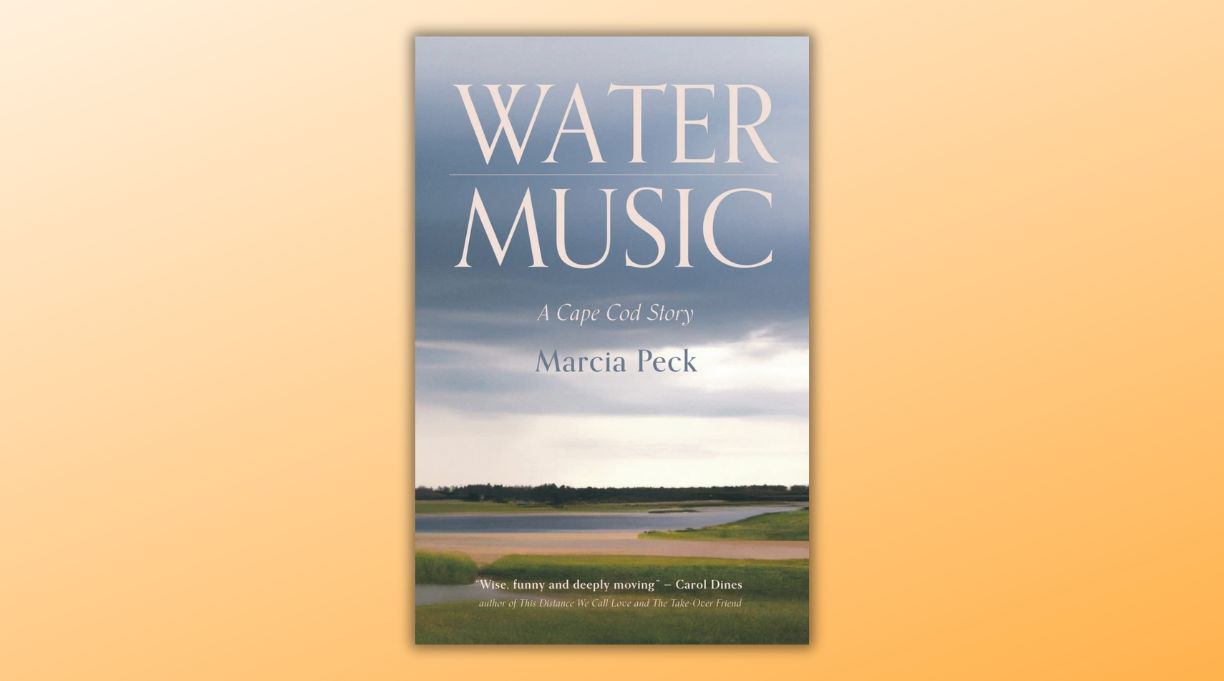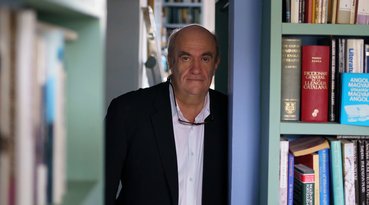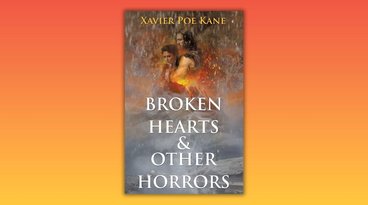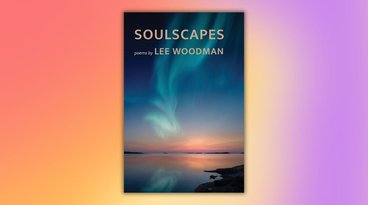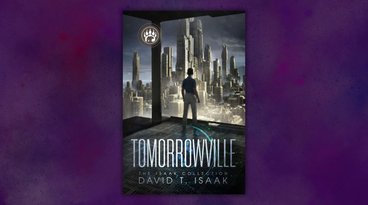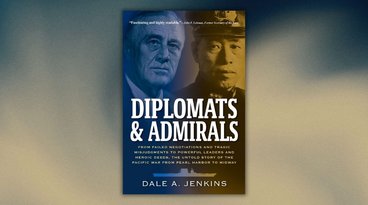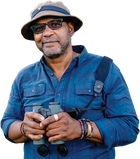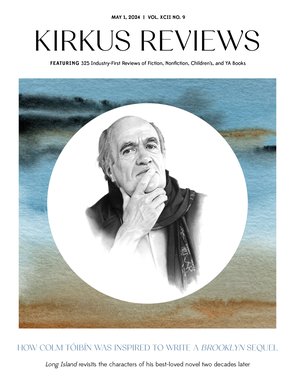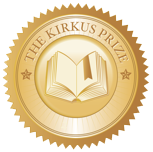Please tell us about yourself and Water Music.
I remember falling in love with books right about the time I started cello lessons. I must have been seven or eight when I stumbled upon Blue Willow by Doris Gates and Jenny by Paul Gallico. Two gems still in print!
Fast forward many years of playing cello in an orchestra, living with those great symphonic works week after week, and I think the “stories” shaping each musical score began to work on me. Not literal stories of course, but the motifs and propulsion that make each piece cohere.
Eventually it felt natural to look for the story in music and the music in words.
Was your storyline something that you envisioned from the beginning, or did you build/change it as you wrote your novel?
When I began to write Water Music, I thought I was writing a short story. Then two related short stories. And finally I had to accept—to my surprise!—I was working on a novel. It took me a long time to see how the pieces—chapters—would fit together to form a full-length, coherent narrative, but I tried to let the characters and their circumstances guide—and surprise—me.
How did you develop your characters?
This probably sounds obvious or soupy, but I tried to listen to them. I paid a lot of attention not only to what they wanted, but to how they talked, their diction, what they failed to say out loud. Discovering the contradictions they embody.
One of the characters in Water Music had me completely flummoxed. I had taken enough classes and read enough books to know that if a character was taking up space, there had to be a reason. But I didn’t have a clue why this character insisted on being in the book. Nor could I get myself to axe her. Then one morning, driving to orchestra rehearsal, I challenged myself over and over again: “X is there because…, X is there because….” And suddenly, I knew! And she turned out to be a crucial driver of the plot.
What are you working on now?
I’m working on a book about a stolen cello. I’ve played a beautiful 18th-century Italian cello since I was 18, and it seems almost physically a part of me. When a friend’s violin was stolen years ago, I began to imagine how that loss could throw one’s whole life out of whack. The grief, the guilt, the obsession with finding it. And the doubt that one can continue to be a musician without that “voice.”
The theft means there is an element of mystery, but it’s also a love story. I resist the mandate that all novels must slot neatly into a specific genre.
Portions of this Q&A were edited for clarity.



